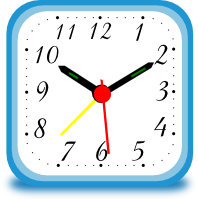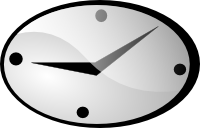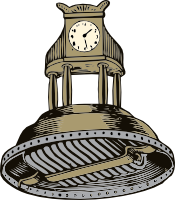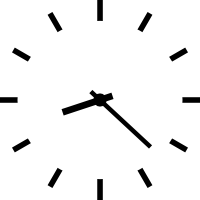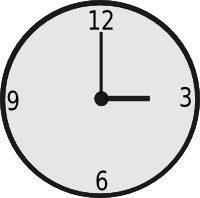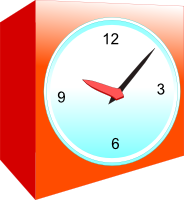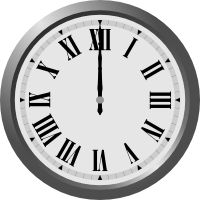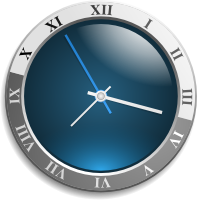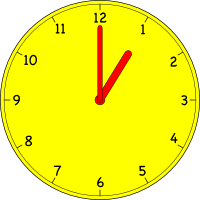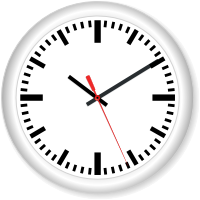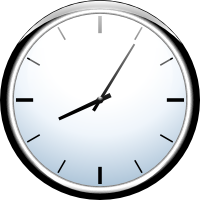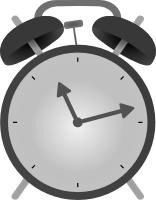Associations to the word «Clock»
Noun
- Mhz
- Ghz
- Cpu
- Pendulum
- Processor
- Oscillator
- Timer
- Cache
- Mb
- Chip
- Timing
- Intel
- Pixel
- Latch
- Mph
- Second
- Speed
- Transistor
- Hour
- Precision
- Quad
- Minute
- Frequency
- Cycle
- Dash
- Stocking
- Kb
- Gust
- Marathon
- Tick
- Chime
- Freestyle
- Afternoon
- Morning
- Graphics
- Ram
- Core
- Turbo
- Bandwidth
- Faster
- Cortex
- Seam
- Midnight
- Alarm
- Clock
- Dial
- Meter
- Per
- Gb
- Metre
- Steeple
- Lap
- Mali
- Fathom
- Bowler
- Mans
- Relay
- Chips
- Tower
- Noon
- Pitch
- Countdown
- Rom
- Personal
- Haley
- Shift
- Pipeline
- Logic
- Microprocessor
- Evening
- Quartz
- Output
- Cupola
- Twelve
- Mile
- Morrow
- Bit
Adjective
Adverb
Pictures for the word «Clock»
Wiktionary
CLOCK, noun. An instrument used to measure or keep track of time; a non-portable timepiece.
CLOCK, noun. (British) The odometer of a motor vehicle.
CLOCK, noun. (electronics) An electrical signal that synchronizes timing among digital circuits of semiconductor chips or modules.
CLOCK, noun. The seed head of a dandelion.
CLOCK, noun. A timeclock.
CLOCK, verb. (transitive) To measure the duration of.
CLOCK, verb. (transitive) To measure the speed of.
CLOCK, verb. (transitive) (slang) To hit (someone) heavily.
CLOCK, verb. (slang) To take notice of; to realise.
CLOCK, verb. (British) (slang) To falsify the reading of the odometer of a vehicle.
CLOCK, verb. (transitive) (New Zealand) (slang) To beat a video game.
CLOCK, verb. (transitive) (informal) To recognize someone or something
CLOCK, noun. A pattern near the heel of a sock or stocking.
CLOCK, verb. (transitive) To ornament (e.g. the side of a stocking) with figured work.
CLOCK, noun. A large beetle, especially the European dung beetle (Geotrupes stercorarius).
CLOCK, verb. (intransitive) (dated) To make the sound of a hen; to cluck.
CLOCK FACE, noun. The surface of a clock that contains the dial and hands.
CLOCK FACES, noun. Plural of clock face
CLOCK GENERATOR, noun. (computing) (electronics) a circuit that produces a timing signal for use in synchronizing a circuit's operation.
CLOCK GENERATORS, noun. Plural of clock generator
CLOCK GOLF, noun. A form of golf in which the ball is putted from positions around the circumference of a circle centred on the hole, these corresponding to the positions of the numbers on a clock face.
CLOCK IN, verb. To begin working time, especially by punching in.
CLOCK IN, verb. (idiomatic) To be measured at.
CLOCK OFF, verb. To end work
CLOCK OUT, verb. (intransitive) To end work; to officially record a time when one terminates a period of work.
CLOCK OUT, verb. (transitive) To officially record a work-termination time for.
CLOCK OUT, verb. (transitive) (intransitive) (electronics) To transmit individual bits of data under the control of a clock.
CLOCK PARADOX, noun. (relativity) The phenomenon in which two observers who start together with identical clocks, follow different timelines, and then rejoin can have different elapsed times on their clocks, especially if one travels at a relativistic speed.
CLOCK RADIO, noun. An alarm clock that includes a radio; a radio alarm clock
CLOCK SPEED, noun. (computing) The rate, measured in hertz, at which a processor performs its fundamental operations.
CLOCK TOWER, noun. (architecture) A tower, usually in a prominent position, having a large clock in a high position, often with several faces
CLOCK TOWERS, noun. Plural of clock tower
CLOCK UP, verb. (transitive) (figuratively) To accumulate a large amount of time.
CLOCK UP, verb. (transitive) (figuratively) (British) To accumulate a large distance.
CLOCK VINE, noun. A plant, Thunbergia grandiflora.
CLOCK VINES, noun. Plural of clock vine
CLOCK WATCHER, noun. Alternative spelling of clock-watcher
Dictionary definition
CLOCK, noun. A timepiece that shows the time of day.
CLOCK, verb. Measure the time or duration of an event or action or the person who performs an action in a certain period of time; "he clocked the runners".
Wise words
Actions speak louder than words.

